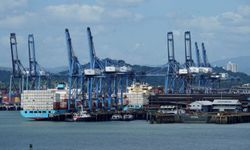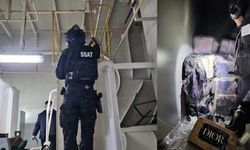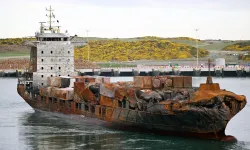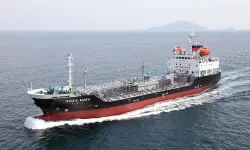According to the Treasury, the sanctioned network helped the Houthis acquire "tens of millions of dollars' worth of commodities from Russia," including arms, sensitive materials, and stolen Ukrainian grain.
Russia has reportedly looted millions of tons of Ukrainian grain from occupied territories. Ukrainian Prime Minister Denys Shmyhal stated on Oct. 8, 2024, that at least 180,000 tons had been stolen through Mariupol alone, with total estimates reaching up to 6 million metric tons by mid-2023. The theft, combined with attacks on agricultural infrastructure and threats to Black Sea shipping, has severely impacted Ukraine's agricultural sector.
The latest sanctions target two Afghan businessmen, a Hong Kong-based company linked to a Russian vessel transporting stolen Ukrainian grain, and the ship's current and former Russian captains. Three Russian-registered companies owned by one of the sanctioned Afghan individuals were also listed. Additionally, an Iranian businessman residing in Turkey was sanctioned for ties to Sa'id al-Jamal, the Houthis' chief financial officer, who is already under U.S. sanctions.
U.S. Treasury Secretary Scott Bessent stated that "the Houthis remain reliant on Sa'id al-Jamal and his network to procure critical goods to supply the group's terrorist war machine," underscoring Washington's efforts to limit the group's operational capabilities.
The Houthis, officially known as Ansar Allah, have been engaged in conflict with Yemen's government since 2014 and a Saudi-led coalition since 2015. Since late 2023, they have targeted commercial and military vessels in the Red Sea, citing retaliation for Israel's military operations in Gaza.
In response, the U.S. has increased airstrikes against the Houthis in recent weeks, aiming to curb their attacks on regional maritime traffic.







